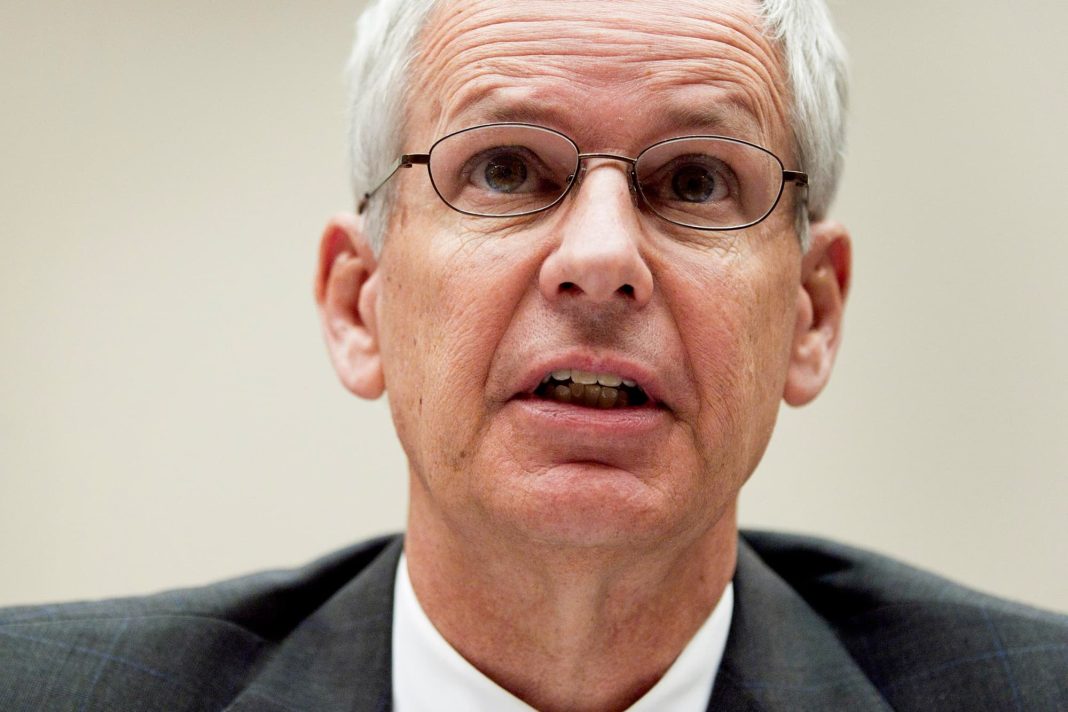In the ever-evolving landscape of telecommunications, few narratives are as poignant as that of Dish Network, a company once hailed as a pioneer in the pay-TV industry. However, its recent trajectory mirrors the infamous finale of “Seinfeld” — a conclusion met with collective disappointment. This narrative of decline, miscalculation, and missed opportunities offers critical lessons for both industry insiders and investors alike.
The seeds of this saga were planted in 2011 when Charlie Ergen, Dish’s cofounder, likened his company’s strategic challenges to a “Seinfeld” episode. During an earnings call, he explained how the sitcom often began with multiple plot lines that appeared disjointed but ultimately coalesced into a satisfying conclusion. “You’ll have to just wait and see where it all comes together,” he promised analysts. Fast forward to the present, and it appears that the waiting may have yielded little more than a lackluster finale.
On a recent Monday, pending regulatory approval, EchoStar — Dish’s parent company — announced the sale of its pay-TV provider to DirecTV for a mere $1, along with absorbing $9.75 billion in associated debt. The market responded negatively, with EchoStar’s shares plummeting over 11% in the aftermath. This stark decline is emblematic of a broader trend: Dish and DirecTV have collectively shed a staggering 63% of their video subscribers since 2016, as consumers increasingly gravitate toward streaming services and high-speed broadband options from the likes of Comcast and Charter.
Hamid Akhavan, CEO of EchoStar, acknowledged the shifting tides in a recent interview, stating, “The content-distribution industry has been on the decline, losing customers at a rapid pace.” His remarks underscore a crucial reality: rapid technological advancements and changing consumer preferences have rendered traditional pay-TV models less appealing. As the enterprise value of these companies dwindles, the urgency for transformation becomes ever more apparent.
The narrative of Dish’s decline is further complicated by its ill-fated attempts to pivot toward a wireless future. For years, Ergen envisioned marrying the pay-TV business with a robust wireless service, acquiring spectrum at auctions and seeking regulatory approval for its use. The acquisition of Boost Mobile in 2019 for $1.4 billion was a strategic move aimed at establishing a foothold in the competitive wireless market. However, without a solid partner and adequate capital, Dish found itself struggling to sustain both its dwindling pay-TV operations and the ambitious wireless network it sought to build.
Akhavan lamented, “We couldn’t feed [the wireless] business properly. The focus of the company being in multiple directions was also a management distraction.” This fragmentation reflects a broader issue in corporate strategy: the dangers of spreading resources too thin while failing to execute a coherent vision. In many ways, the trajectory of Dish serves as a cautionary tale for other companies grappling with similar challenges.
Looking back, the 2014 discussions between Dish and DirecTV about a potential merger now seem like a pivotal moment in hindsight. At that time, DirecTV boasted a market capitalization of approximately $40 billion, while Dish’s valuation exceeded $28 billion. Just a year later, DirecTV was sold to AT&T for $49 billion in equity value, leaving Dish to navigate a tumultuous landscape largely on its own. The decision to remain independent has since proven disastrous, as satellite TV has increasingly become an anachronism in the face of modern content consumption trends.
The recent restructuring, which saw EchoStar and Dish reunite after a separation that lasted over a decade, was largely driven by financial necessity. With a $2 billion debt payment looming in November, consolidating resources became imperative. Yet, this move raises questions about the long-term viability of Dish as a standalone entity in an industry that is rapidly shifting beneath its feet.
As the curtain falls on Dish’s latest chapter, the lessons are clear. Companies must adapt or risk irrelevance in an age where consumer preferences are increasingly fluid. The “Seinfeld” strategy, once seen as a metaphor for hope and potential, has ultimately become a reflection of missteps and lost opportunities. For industry watchers and investors, the tale of Dish serves as a poignant reminder: in the world of telecommunications, timing, execution, and clarity of vision are everything.

